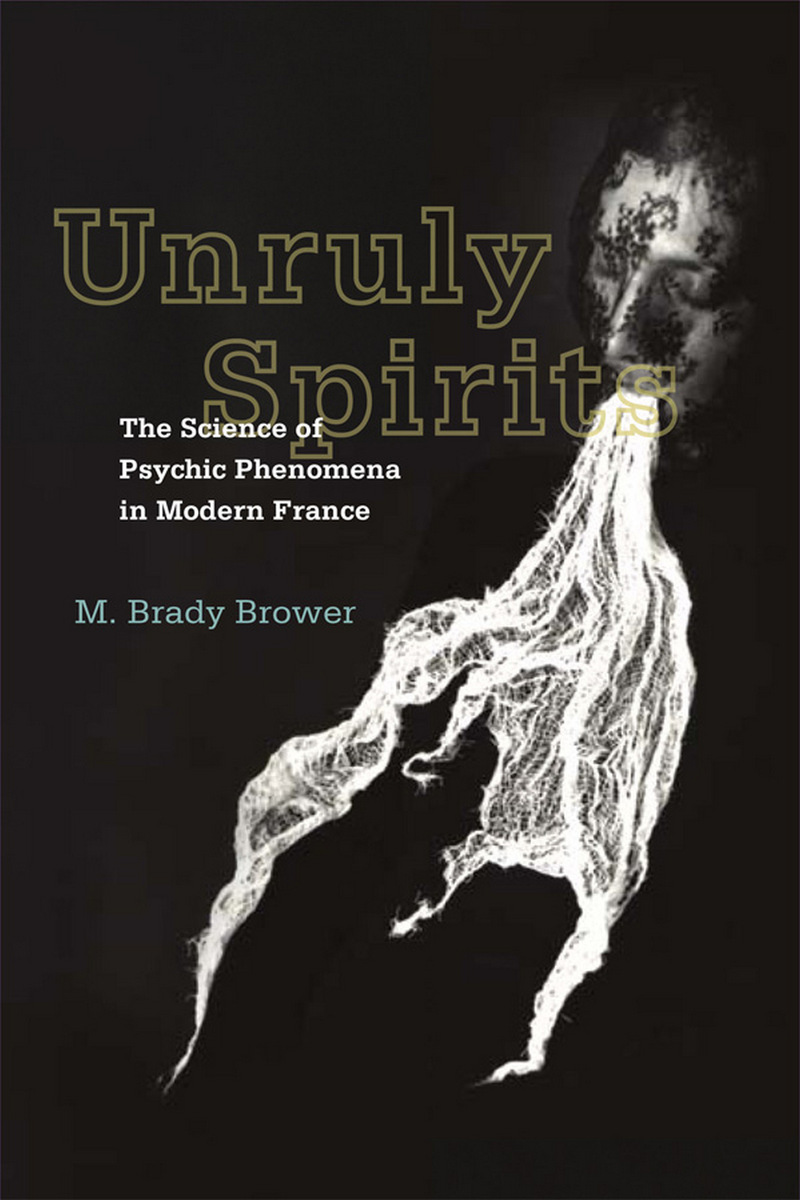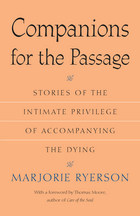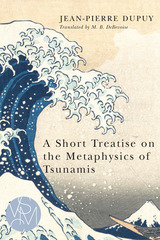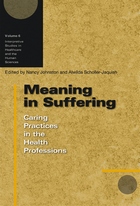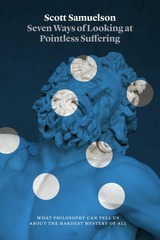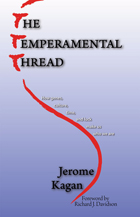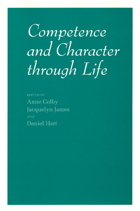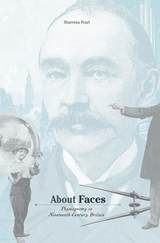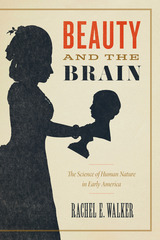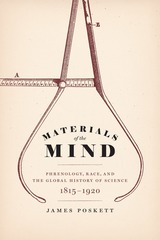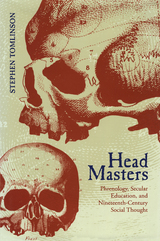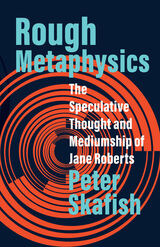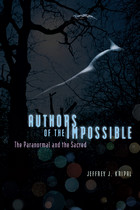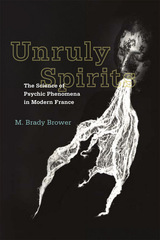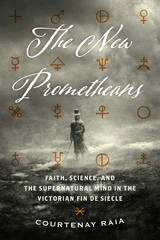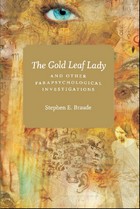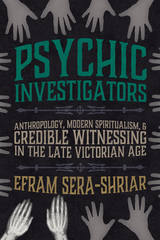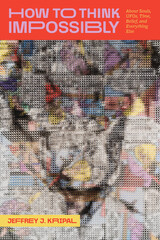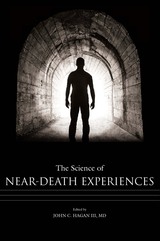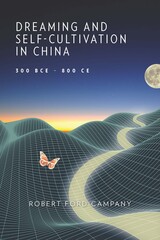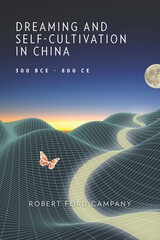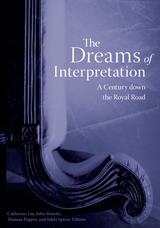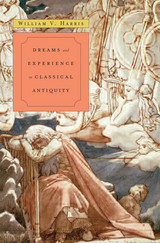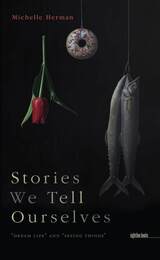Unruly Spirits: The Science of Psychic Phenomena in Modern France
University of Illinois Press, 2010
Paper: 978-0-252-07751-7 | eISBN: 978-0-252-09005-9 | Cloth: 978-0-252-03564-7
Library of Congress Classification BF1028.5.F8B76 2010
Dewey Decimal Classification 130.944
Paper: 978-0-252-07751-7 | eISBN: 978-0-252-09005-9 | Cloth: 978-0-252-03564-7
Library of Congress Classification BF1028.5.F8B76 2010
Dewey Decimal Classification 130.944
ABOUT THIS BOOK | AUTHOR BIOGRAPHY | REVIEWS | TOC
ABOUT THIS BOOK
Unruly Spirits connects the study of séances, telepathy, telekinesis, materializations, and other parapsychic phenomena in France during the age of Sigmund Freud to an epistemological crisis that would eventually yield the French adoption of psychoanalysis. Skillfully navigating experiments conducted by nineteenth-century French psychical researchers and the wide-ranging debates that surrounded their work, M. Brady Brower situates the institutional development of psychical research at the intersection of popular faith and the emergent discipline of psychology.
Brower shows how spiritualist mediums were ignored by French academic scientists for nearly three decades. Only after the ideologues of the Third Republic turned to science to address what they took to be the excess of popular democracy would the marvels of mediumism begin to emerge as legitimate objects of scientific inquiry. Taken up by the most prominent physicists, physiologists, and psychologists of the last decades of the nineteenth century, psychical research would eventually stall in the 1920s as researchers struggled to come to terms with interpersonal phenomena (such as trust and good faith) that could not be measured within the framework of their experimental methods.
In characterizing psychical research as something other than a mere echo of popular spirituality or an anomaly among the sciences, Brower argues that the questions surrounding mediums served to sustain the scientific project by forestalling the establishment of a closed and complete system of knowledge. By acknowledging persistent doubt about the intentions of its participants, psychical research would result in the realization of a subjectivity that was essentially indeterminate and would thus clear the way for the French reception of psychoanalysis and the Freudian unconscious and its more comprehensive account of subjective uncertainty.
See other books on: Existential | Modern France | Parapsychology | Psychic Phenomena | Psychotherapy
See other titles from University of Illinois Press
